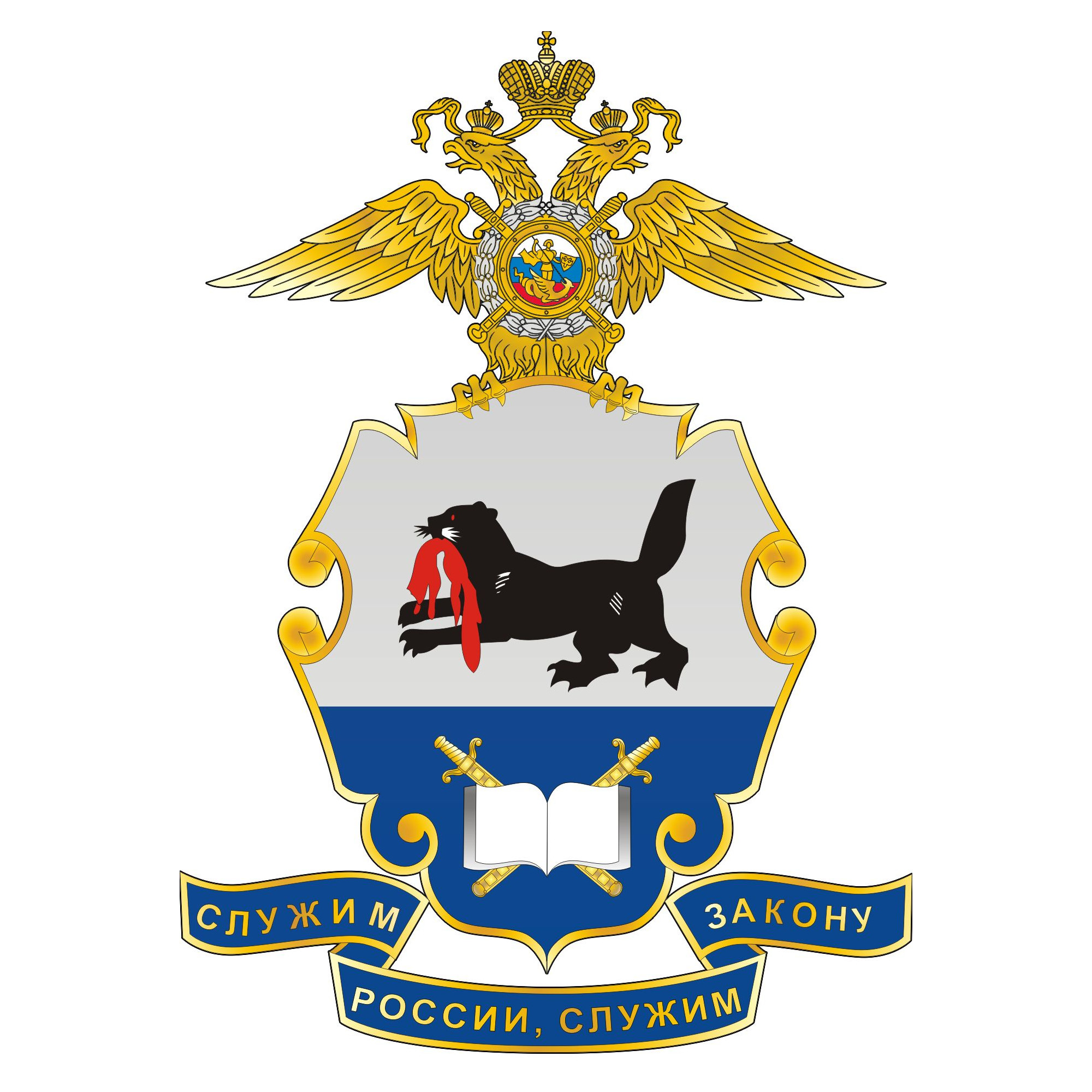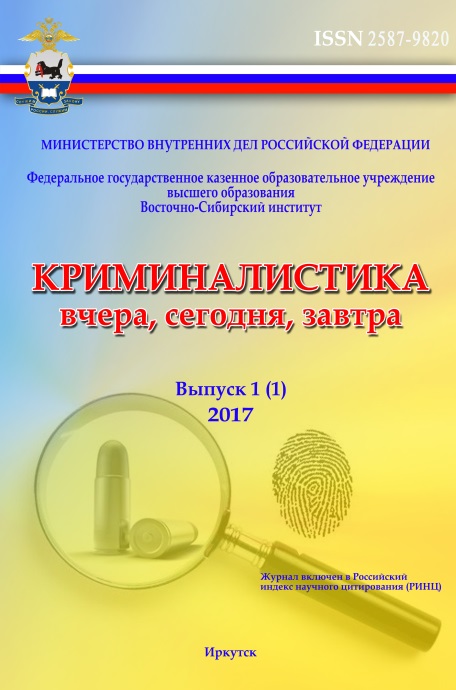from 01.01.2023 until now
Moskovskiy gosudarstvennyy yuridicheskiy universitet im O.E. Kutafina (MGYuA)
from 01.01.2023 until now
UDC 343.98
Russian Classification of Professions by Education 40.00.00
Russian Classification of Professions by Education 40.05.03
The article is devoted to artificial neural networks and their implementation in forensic science. The author considers the technology of artificial intelligence, conducted a comparative analysis of artificial and biological neural networks. Based on the analysis of human and expert thinking, it is concluded that it is permissible to use neural networks only to solve well-formalized tasks. The author's definition of neural networks in forensic science is proposed. The main directions of their implementation in the production of forensic examinations are proposed, taking into account the nature of research and the characteristics of specific genera (types of examinations). The tasks solved by the introduction of neural networks into forensic activities are presented. The author comes to the conclusion that artificial neural networks take the place of the auxiliary tools of the forensic expert, do not replace or replace it. The introduction of artificial intelligence into forensic expertise is a long and time-consuming process that must be carried out jointly by scientists in the field of neural networks and forensic expertise.
Forensic expert science, artificial intelligence, forensic examination production, neural networks, digitalization, expert thinking, research methods, expert, research stages, modern technologies
1. Nikolenko S., Kadurin A., Arkhangelskaya E. Deep learning. — St. Petersburg: St. Petersburg, 2018. — 480 p.: ill. — (Series "Programmer's Library").
2. Rossinskaya E.R. Neural networks in forensic expert science and expert practice: problems and prospects. Bulletin of the O.E. Kutafin University (MGUA). 2024. No.3 C21-33.
3. Haikin Simon. Neural Networks: A complete course, 2nd edition. : Translated from English – M.: Publishing house "Williams", 2006. – 1104 p.: ill. – Par. tit.
4. Burakov M. V. Artificial intelligence systems : a textbook. – Moscow : Prospekt, 2017. – 440 p.
5. Neretina N. S. Innovative technologies in forensic expertise / N. S. Neretina // Bulletin of the O.E. Kutafin University (MGUA). – 2022. – № 2(90). Pp. 82-90.
6. Dyakonova O.G. On the concept of artificial intelligence technologies. Bulletin of the O.E. Kutafin University (MGUA). 2024; No.3. Pp. 52-63.
7. Morales Miguel. We are developing deep learning with reinforcement. – St. Petersburg: St. Petersburg, 2023. – 464 p.: ill. – (Series "Programmer's Library").
8. F. Wasserman. Neurocomputer technology: Theory and practice. 1992.
9. Rossinskaya E.R. Commentary on the Federal Law "On State forensic expertise in the Russian Federation" // Rossinskaya E.R. / Favorites / E.R. Rossinskaya. – Moscow : Norma, 2019. – 680 p. + pasting (32 p.).
10. Rossinskaya E.R. Epistemological and activity expert errors when using modern technologies in the production of expertise // Bulletin of the Moscow University of the Ministry of Internal Affairs of Russia. 2015. No.3. From 18-22.
11. Butyrin A.Y. Cognitive activity of a forensic expert: the main forms of thinking and the problem of understanding. Theory and practice of forensic examination. 2023. No. 18(4) From 12-22.
12. Carter D. Neural Networks beginning / D. Carter — "Author", 2023.
13. Rossinskaya E.R. Optimization of the form and content of the expert opinion based on the basic software module "ATEX": methodological recommendations // Rossinskaya E.R. / Favorites / E.R. Rossinskaya. – Moscow : Norma, 2019. – 680 p. + pasting (32 p.)
14. Belkin A. R., Rossinskaya E. R. Support systems in criminology and forensic expertise (KBS for Criminology and Forensic Expertise) // Proceedings of the European Congress on Artificial Intelligence and Knowledge Representation (Kennistechnologie'93). Amsterdam, 1993 (in English) // Rossinskaya E.R. / Favorites / E.R. Rossinskaya. – Moscow : Norma, 2019. – 680 p. + pasting (32 p.)
15. Lanzman R.M. The use of cybernetics capabilities in forensic examination and some problems of criminal-judicial evidence: abstract. Dis. ... Dr. Jurid. M., 1970.
16. Lanzman R.M. Some aspects of evaluating the conclusion of a forensic expert using the results of computer work // Criminalistics in the service of investigation. Vilnius, 1967.
17. Theory of information and computer support for criminalistic activity : a monograph edited by E.R. Rossinskaya. – Moscow : Prospekt, 2022. – 256 p.
18. Rossinskaya E.R. Modern forensic expert science – the science of forensic examination and forensic expert activity. Theory and practice of forensic examination. 2015.No.40.From 10-18.
19. Rossinskaya E.R. Theory of information and computer support of forensic expert activity as a new private theory of forensic expert science. Bulletin of the O.E. Kutafin University (MGUA). 2022. No.2. From 27-40.










